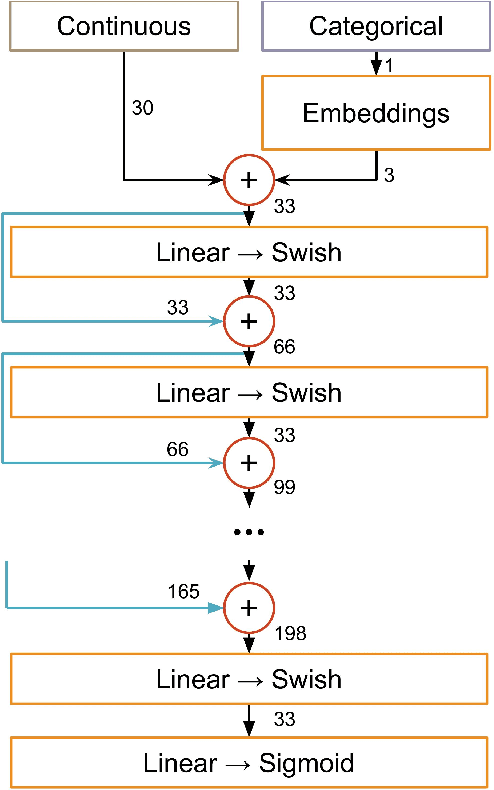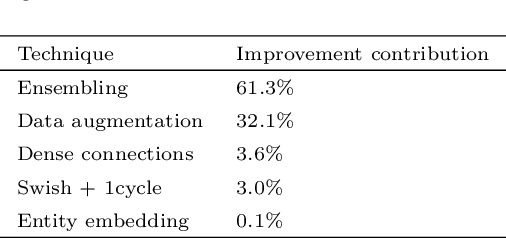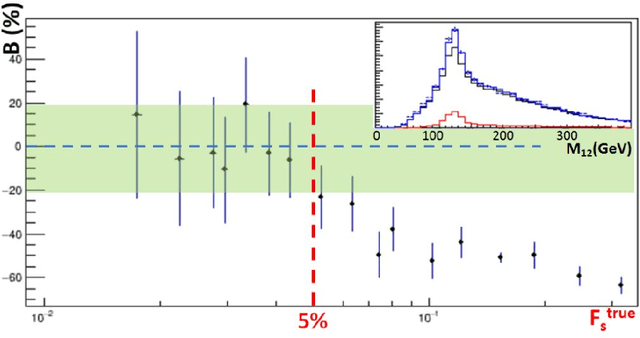Daniela Bortoletto
Advanced Multi-Variate Analysis Methods for New Physics Searches at the Large Hadron Collider
May 16, 2021



Abstract:Between the years 2015 and 2019, members of the Horizon 2020-funded Innovative Training Network named "AMVA4NewPhysics" studied the customization and application of advanced multivariate analysis methods and statistical learning tools to high-energy physics problems, as well as developed entirely new ones. Many of those methods were successfully used to improve the sensitivity of data analyses performed by the ATLAS and CMS experiments at the CERN Large Hadron Collider; several others, still in the testing phase, promise to further improve the precision of measurements of fundamental physics parameters and the reach of searches for new phenomena. In this paper, the most relevant new tools, among those studied and developed, are presented along with the evaluation of their performances.
Preserving physically important variables in optimal event selections: A case study in Higgs physics
Jul 03, 2019



Abstract:Analyses of collider data, often assisted by modern Machine Learning methods, condense a number of observables into a few powerful discriminants for the separation of the targeted signal process from the contributing backgrounds. These discriminants are highly correlated with important physical observables; using them in the event selection thus leads to the distortion of physically relevant distributions. We present an alternative event selection strategy, based on adversarially trained classifiers, that exploits the discriminating power contained in many event variables, but preserves the distributions of selected observables. This method is implemented and evaluated for the case of a Standard Model Higgs boson decaying into a pair of bottom quarks. Compared to a cut-based approach, it leads to a significant improvement in analysis sensitivity and retains the shapes of the relevant distributions to a greater extent.
 Add to Chrome
Add to Chrome Add to Firefox
Add to Firefox Add to Edge
Add to Edge